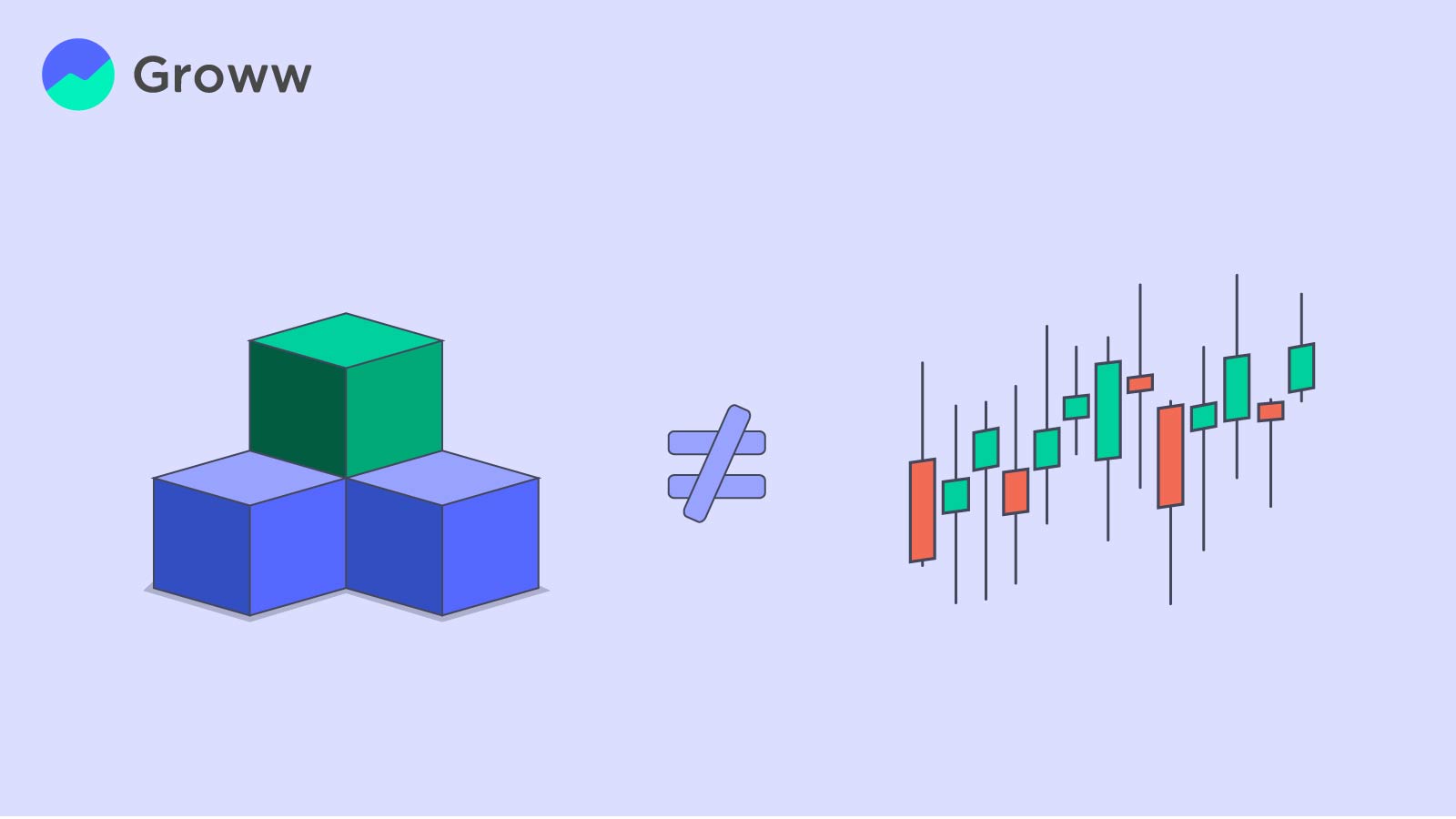How A Business With A Great Product May Not Be A Great Stock To Buy

If a company has a good product, there's no reason it shouldn't be a great investment. And yet, it's not always easy to know when you're buying into something that's going to be financially successful.
One way to tell if your company is worth investing in is by asking yourself this question: Is this company's product really worth the price I'm paying for it?
If your answer is yes, then congratulations! You've found a good stock to invest in. But if you're not sure, then you should give it a thought.
If you buy a stock at the beginning of its growth phase, your investment may already be worth more than what you paid. If not, it could take years for your investment to recover your money.
Buying stock in an industry that has started to experience rapid growth can also be risky because there is no way to know how long it will take before it begins to decline again. This can make an otherwise profitable company into an investment that loses money.
A Business With A Great Product May Not Be A Great Stock To Buy
When it comes to stocks, the most important thing is to look at the fundamentals of the company’s business model. A company that has a great product but no viable business model is likely to lose money hand over fist, and it will be difficult for them to generate cash flow.
The emphasis on cash flow will help you determine whether or not a stock is worth buying at any given time. If a company generates enough cash from its operations, then it can pay off debts or invest in new projects without having to borrow money from banks or other financial institutions which could cause problems down the road if something goes wrong with its financial situation down the road.
-
A Great Product Does Necessarily Generate Great Revenue
Great profit never great stock market performance. This is because the demand for that product is not always strong enough to cover its costs, and thus the business is unable to generate sufficient profits to be sustainable.
Plus, the expected profit is already built into the stock price. If you are expected to make ₹1 billion selling lots of high-quality wine, and you actually make ₹999 million, that’s still a very profitable business, but the stock can still go down.
A company with a great product can still have a weak market position and weak revenues, which makes it difficult for the company to be profitable.
-
At High Valuation, Even A Great Business Is A Bad Investment
A great product has the potential to generate high revenue, but that does not mean that the stock price will reflect this fact. A business with a great product can be valued at a high valuation without having an actual positive cash flow or profit margin.
At a high valuation, even a great business can be a bad investment. In order to determine if a company is worth investing in, you need to look at the fundamentals of that business.
A well-managed company will have great growth potential, strong profit margins, and high margins on its products. A poorly managed company may have amazing products but low revenues due to poor sales techniques or inefficient distribution channels.
A stock that has a good product but is priced higher than its peers could be riskier than it seems at first glance. This is because there are many other factors involved in determining the valuation of a company, such as its profitability level and growth rate.
-
A Stock Embeds Its Future Expectations About The Company’s Cash Flow Stream
A stock embeds its future expectations about the company’s cash flow stream. It is a critical component of the valuation equation.
When you buy a stock at a discount to its intrinsic value, part of your investment thesis is that the company will grow in the future and produce more free cash flow than it does today. If so, you should be able to make money by investing for growth and then selling when it reaches some higher level of earnings.
A stock that has good prospects but is trading at a high price may not be the best stock to buy in the long term. This is because a stock can only earn you money by generating cash flow, and when the company's cash flow stream is expected to grow, you should either hold onto your shares or sell them before they lose value.
Companies | Type | Bidding Dates | |
| Regular | - | ||
| Regular | - | ||
| Regular | - | ||
| Regular | - | ||
| Regular | - |
Conclusion
If you're looking at investing in a business that offers a great product, you should be aware that the price of the stock can make or break your investment.
Separating good companies from bad ones is easy, determining whether companies are well or badly managed is slightly more complicated but defining which companies are good investments is the biggest challenge.
Companies with a great product can be terrible investments if purchased at too high a price that embeds unrealistically high expectations even if the business itself performs quite well.
Disclaimer: The views expressed in this post are that of the author and not those of Groww.